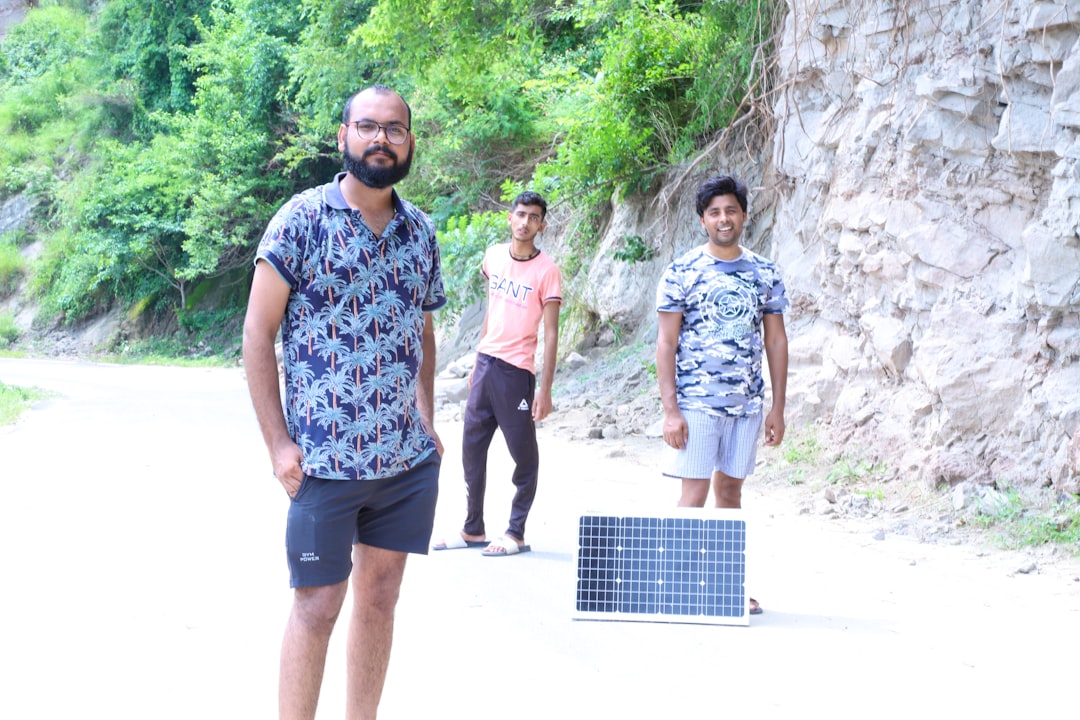
Between January and April 2018, more than 100 people across Indonesia died after consuming non-conforming alcohol (oplosan). It contained methanol, which is an industrial alcohol not suitable for human consumption. Many of these cases were concentrated in Greater Bandung, a metropolitan area that comprises of Bandung District (kabupaten), West Bandung District, Bandung City, and Cimahi City, where 57 fatalities were recorded.
A year later, the Center for Indonesian Policy Studies conducted a case study in Greater Bandung area to find out whether government efforts to contain the sale of oplosan have been successful
and are able to prevent a similar tragedy from occuring in the future. Interviews were conducted
with local government officers, the police, the local government’s law enforcers Satpol PP, and
several other stakeholders.
The study found that law enforcement faces serious challenges. Human resources are not
enough. Both, the Drug Unit of Bandung District Police and Satpol PP in Cimahi City have only
1 officer for about 150,000 people in their jurisdictions. These officers have several targets
and are not just focused on fighting oplosan. Neither do they have a specific budget for that and
they lack sufficient technical equipment. A more effective fight against oplosan requires better
records and data management, which currently reduces the strategic planning abilities of the
authorities. Institutional frictions affect the cooperation between different government agencies
and there are incidences of corruption, where oplosan vendors are being tipped off before raids.
It is recommended that Indonesia conducts regulatory reforms that make properly produced
alcoholic beverages more affordable and accessible. Surveys among alcohol consumers in
Bandung showed that oplosan is mostly being purchased because it is cheaper and more
accessible. Current regulations that set the minimum legal drinking age at 21 years old needs to
be strictly enforced. Secondly, there needs to be a dedicated local government budget for the fight
against oplosan and the enforcement agencies need more officers with specialized training. The
agencies should also cooperate with civil society actors with close ties to the local communities
to identify and prosecute oplosan vendors. Thirdly, there needs to be more educational and
counseling efforts in schools and universities. The youth needs to learn about the dangers of
methanol poisoning through oplosan. Currently, only about a quarter of the students in Bandung
have heard of campaigns that stressed the dangers of consuming oplosan.



